Image by Leon Schoots
Whilst most people have heard of the likes of the paddock-to-plate ‘slow food’ movement, fair-trade coffee and slow fashion, fewer have stopped to think about where their flowers come from and how they’re grown. Sustainability, provenance and ethics apply to flowers too and in this article you’ll get some tips on how to eco-fy your wedding and event florals.
Images via Crofters Fold Estate
It may come as a surprise to learn that many of the so-called ‘fresh’ flowers and foliage sold in Australia have been imported from other countries (commonly Kenya, Ecuador, Colombia), bringing with them not only huge ‘flower miles’ but residual pesticides, fungicides and fumigants.
Plus, many varieties have their perfume bred out so they last longer in transit.While that’s all a bit on the nose, the good news is that Australia’s very own ‘slow-flower’ movement is blossoming. The term ‘slow flowers’ was coined by award-winning author, speaker and leading advocate for American-grown flowers Debra Prinzing to refer to flowers grown in America as opposed to imported blooms.
Image by Chloe Smith
In Australia, the movement is going a step further to promote not only locally-grown, but bee-friendly, which means the flowers are sold in-season and farmed using sustainable practices that are good for the farmer, the florist, the environment and the beneficial insects, like bees, that play a vital role in Mother Nature’s delicately-balanced eco system.
Bee-friendly flowers are not only grown naturally they’re also safer to handle and to use to decorate wedding cakes and dessert bars. It’s all smelling sweeter by the minute!
Images via Crofters Fold Estate
Here are five ways that your big day can play a part in helping Australia’s eco-friendly flower movement become a bloomin’ success:
1. Plan to go Seasonal
When planning your wedding date, consider finding out when your favourite flower/s are in season here in Australia. For example, in Victoria, Peonies bloom for about three weeks in late November, while Roses bloom from November to April. Daffodils are spring flowers whereas Hellebores are winter-flowering. Embrace dried flowers too – that way you can still include some of your favourites even if they’re out-of-season!
2. Trust your floral stylist
If you’re not hung up on including any particular flower/s, you might like to give your floral stylist a colour brief that allows them to source bee-friendly flowers and foliage in your chosen colour way. Eco-floral designers are extremely talented and resourceful folk and they love to be given the creative freedom to take advantage of the season’s best blooms and foliage; it also means you’re likely to get beautiful bespoke florals rather than a cookie-cutter design.
Image 1 via Leon Schoots; Image 2 via Ashleigh Haase
3. Shop Truly Local
If you plan to DIY your wedding flowers you can buy direct from your local flower farmers – this often helps if you’re on a smaller budget too. Or, if DIY is not your thing, find a farmer-florist who grows their own or a floral designer who sources local and does their best to reduce floristry waste. Every little bit helps sow the seeds of change. More than that, you’ll feel good about holding healthy flowers and having them on your cake and dessert bar!
4. Ask Questions
Some questions you can ask your potential floral stylist include; which flowers will be in season around the time of my wedding? Are you able to source flowers locally from growers who don’t use toxic chemicals?
5. Buy the Best You Can Afford
Flowers are food for the soul; their perfume reminds us to celebrate the joy of life itself and brings happiness, colour and fragrance to your big day. By buying bee-friendly flowers from a local flower farmer you’re keeping your money in your own economy and helping healthy communities to grow. The bees will love you for it too!
Ms Zebra Says: I couldn’t love this more! Save the bees! Plus of course, it’s so great to keep things local and in season to support local growers and eco-systems. Thanks for sharing these fab tips Danielle.
About Danielle White of Crofters Fold Estate: Danielle and her husband Ashley own Crofters Fold Estate; a bee friendly Rose and Peony farm in the Macedon Ranges. They supply their flowers to florists, designers, stylists as well as DIY brides and flower lovers, collaborating with other growers and floral designers to spread the word about the benefits of enjoying sustainable, healthy, local flowers.
Crofters Fold Estate has just opened the doors to its luxury Farmhouse Lodge on Airbnb and is a perfectly-positioned couple’s retreat within 10-minutes’ drive of four wedding venues. Together with Eco Floral Designer Aga Jones and Sandra Henri, Danielle and Ashley are hosting a ‘How to eco-fy your wedding and event business’ on 24 September 2019.

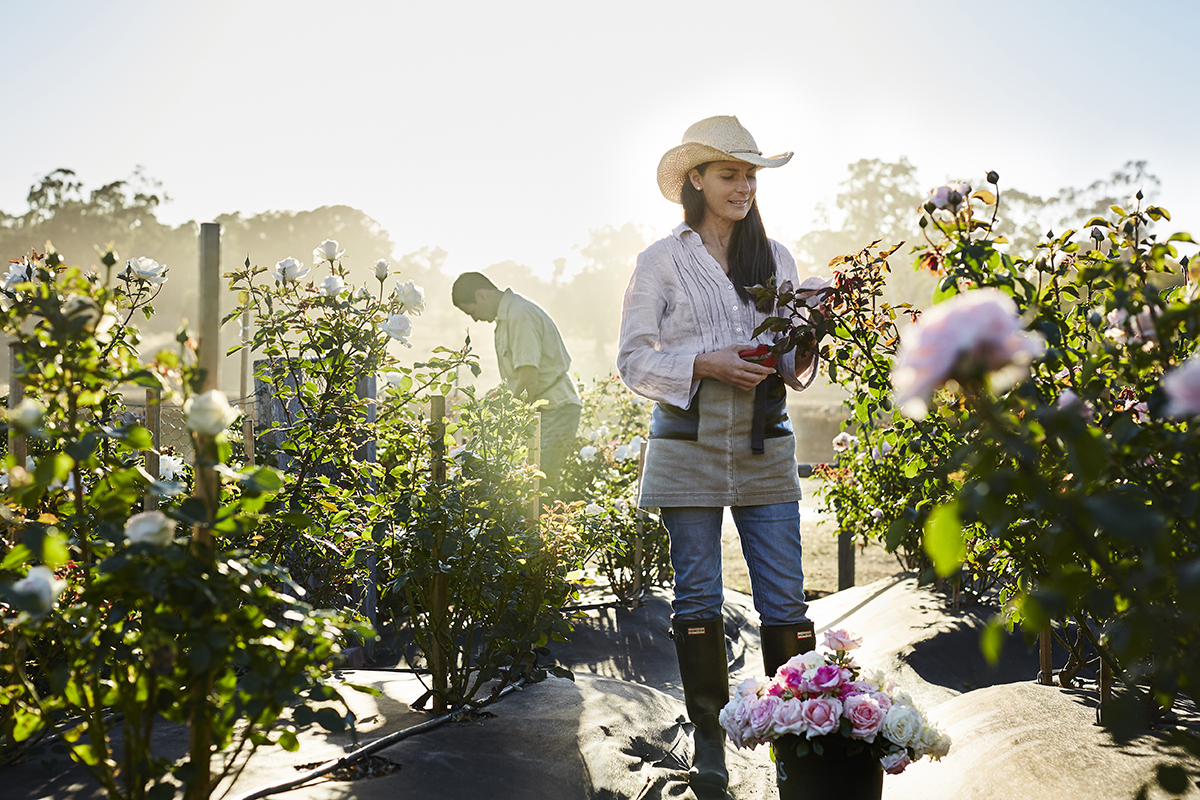








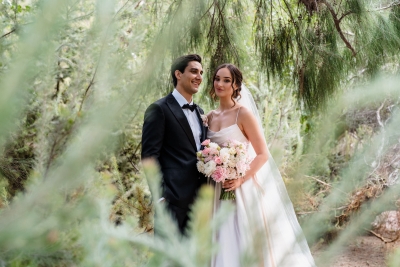
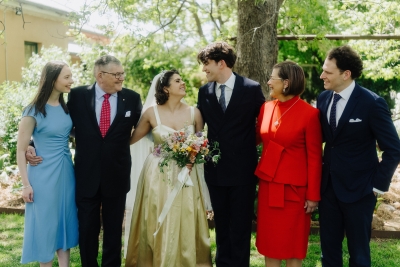
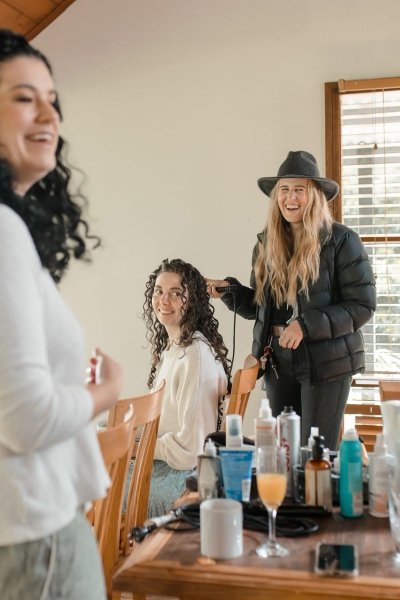
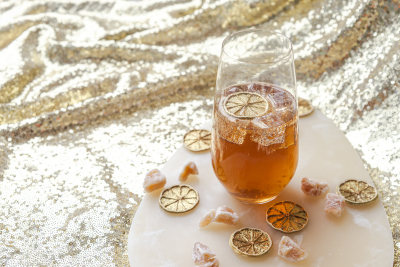
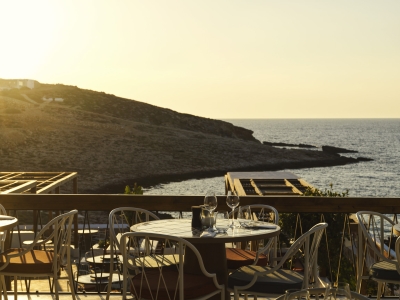



Join the conversation